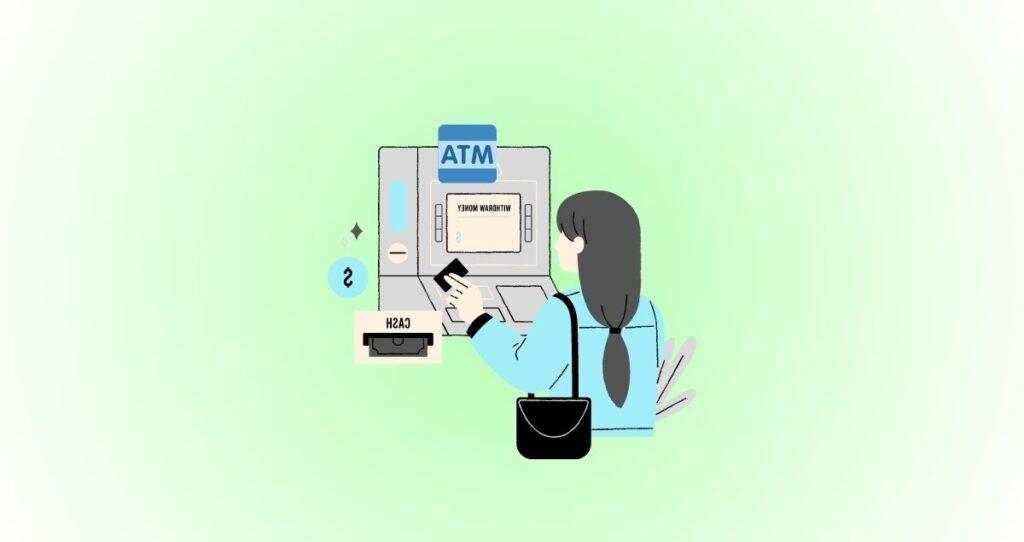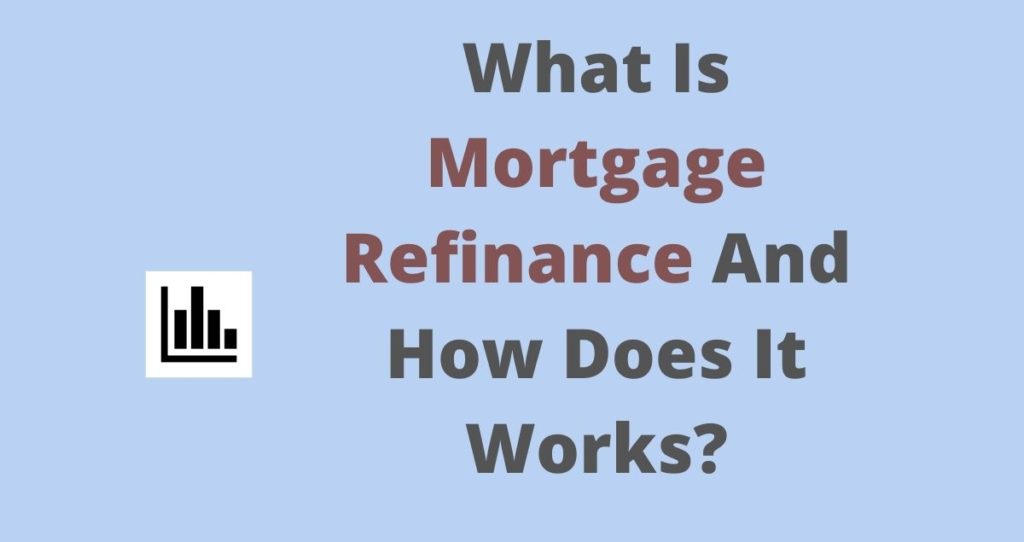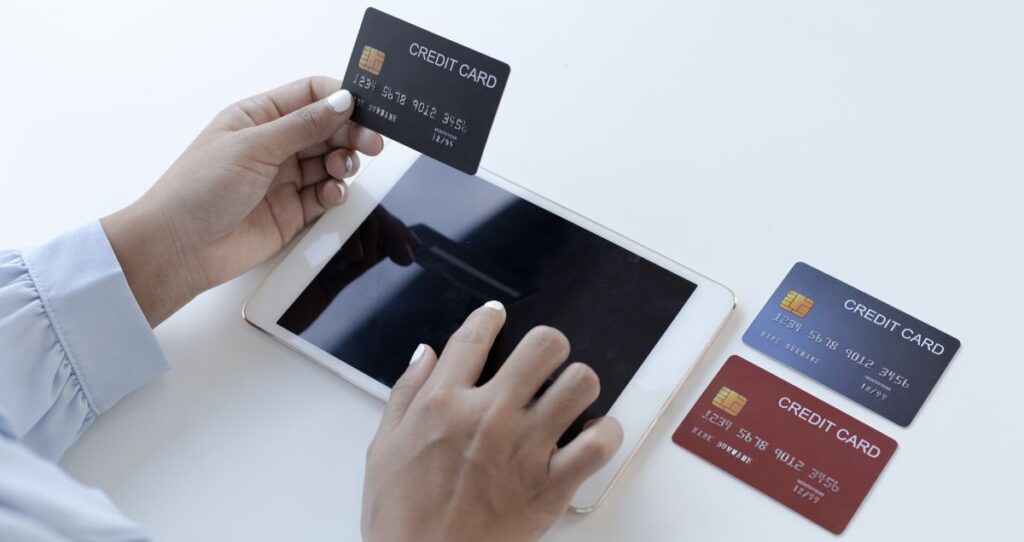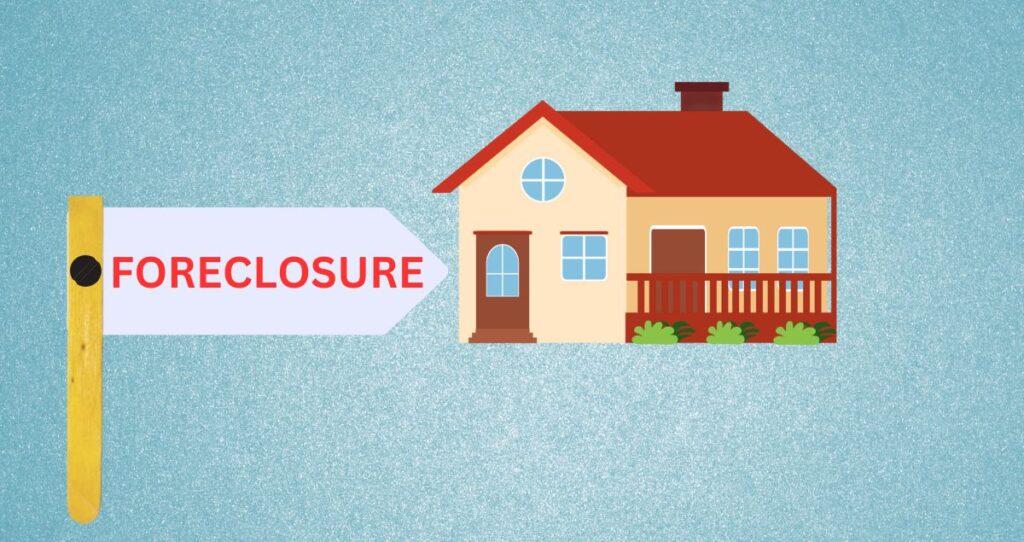Relying solely on minimum payments may seem convenient, but it’s a slippery slope that can lead to significant damage to your credit score and creditworthiness. Making the minimum payments month after month will increase your credit utilization ratio due to carrying most of your credit card balances which in turn might reduce your credit score. In this article, we’ll dive deep into the impact of paying only the minimum payments on your credit score and strategies to maintain clean credit and secure your financial future.
Understanding the Impact of Minimum Payments on Your Credit
When it comes to credit scores, your payment history and credit utilization ratio play a significant role. They account for about 35% and 30% of your FICO score respectively, making them the most influential factors in determining your creditworthiness. So, it’s no surprise that the amount you pay toward your credit card debt each month has a direct impact on your credit score.
Paying just the minimum due may seem like an easy way out, especially when you’re facing financial constraints. After all, it helps avoid late fees and keeps your account in good standing. However, it’s important to remember that paying only the minimum amount due keeps you in a revolving debt cycle, with interest accruing on the remaining balance. This can increase your debt balance and have a negative impact on your credit score.
Additionally, by consistently paying only the minimum, you send a signal to lenders that you may be financially stretched or unable to manage your debt responsibly. This can cause your credit score to lower over time, as it indicates a higher risk of defaulting on your payments. Additionally, high credit card balances in relation to your credit limit can also negatively impact your credit utilization ratio, which accounts for 30% of your FICO score. The higher your credit utilization ratio, the more it can lower your credit score.
Finally, failing to pay more than the minimum due can also impact your credit score indirectly. If your revolving debt becomes unmanageable, it may lead to missed payments or even defaulting on your credit card altogether. These negative marks can have a severe and lasting impact on your credit score, making it more challenging to secure loans, mortgages, or favorable interest rates in the future.
Does making minimum payments affects your credit score?
When you only pay the minimum due on your credit card, it may seem like you’re meeting your financial obligations. However, this approach can negatively affect your credit score in several ways due to higher credit utilization and increased debt risk.
So, let’s evaluate how making minimum payments affects your credit score.
- Making minimum payments leads to higher credit utilization. Paying only the minimum due means that you’re carrying most of your balance on your credit card. This balance contributes to your credit utilization ratio, which is the amount of debt you owe compared to your total available credit. The credit utilization ratio is a significant factor in determining your credit score, and experts recommend keeping it below 30%. But, to get a greater impact on your credit score, keep your utilization ratio under 10%. When your credit utilization ratio is high, it signals to lenders that you may be relying too heavily on credit to finance your expenses. As a result, your credit score may go lower.
- Paying only the minimum payments signal financial hardship. Making only minimum payments month after month can also indicate to lenders that you may not have the financial means to pay off your debt in a timely manner. This can be concerning to lenders who want to ensure that borrowers are reliable and trustworthy. If lenders perceive you as a higher risk, it can lead to increased interest rates or even credit denial.
Why is making minimum payments bad for credit?
Consistently making only the minimum payments on your credit card can have a detrimental effect on your credit score. While it may be tempting to pay just the minimum amount due each month, it can lead to long-term financial consequences that you may not have considered.
The following are the risks associated with making only the minimum payment on your credit cards.
- Risk of debt accumulation. When you only pay the minimum due amount, you increase the chances of getting into too much debt due to the growing interest and principal balance.
- Risk of lowering your credit score. When you make minimum payments on your credit cards, your credit utilization goes higher due to carrying most of your balance. Having a higher credit utilization ratio will lower your credit score.
- Higher chances of missing a payment. When you only pay the minimum, you increase the chances of missing a payment due to the growing interest and principal balance. Your payment history affects 35% of your FICO score. So, making only the minimum payments leads to carrying most of your balance which in turn increases your credit card debt. Higher balances also mean that your minimum payments go higher over time due to the balance you carried and accrued compounding interests. This can lead to late payments on your credit reports. Late or delinquent payments can have a severe impact on your overall credit score.
- Risk of debt cycle trap. Making just the minimum payments can lead to a cycle of debt. Credit card interest rates tend to be high, and by paying only the minimum, you are allowing interest charges to accumulate on the remaining balance. Over time, this can result in a significant amount of debt that is difficult to repay.
- Risk of not meeting other financial obligations. By making only minimum payments, you are not actively reducing your outstanding balance. This can make it challenging to achieve financial goals, such as paying off debt, saving for a car down payment, investing in your future, etc.
What are the benefits of making only the minimum payment?
While it’s important to highlight the potential downsides of making only minimum payments on your credit cards, it’s worth considering that there may be some benefits to paying only the minimum amount due in certain circumstances.
One advantage is that it allows you to maintain a consistent payment history and avoid late fees or penalties. By making at least the minimum payment on time each month, you demonstrate responsible payment behavior to creditors, which can help you maintain a positive credit history. This is particularly beneficial when facing temporary financial challenges, such as unexpected expenses or a decrease in income.
Additionally, paying the minimum payment can free up some cash for other immediate needs or financial obligations. If you’re facing a cash crunch or have other pressing financial priorities, making only the minimum payment may allow you to allocate funds elsewhere without completely neglecting your credit card payments.
Moreover, paying only the minimum payments can allow you to focus your attention on paying off credit card balances and other debts with the highest interest rates first. This strategy is known as the Debt Avalanche Method which helps in preventing your debt from growing exponentially.
Effective tips to protect your credit score
Keeping a clean credit history and maintaining a good credit score at all times is essential in your personal finance strategies. Not only that good credit will allow you to qualify for all types of loans and business services, but you will also qualify for lower rates which are essential when taking out loans. Additionally, some businesses might waive down payments or deposits on some accounts due to having a good credit score.
If you want to enjoy these benefits, here are a few tips to protect your credit score and maintain a clean credit history.
- Pay your bills on time. Late payments can have a significant impact on your credit score. Not only that you can lose up to 180 points on your credit score, according to LendingTree, but also a late payment will stay on your credit report for up to seven years. Set reminders or automate your payments to avoid any potential slip-ups. Learn more about 13 negative items on your credit reports.
- Maintain a low credit utilization ratio. This ratio measures the amount of credit you’re using compared to your total credit limit. A high utilization ratio indicates potential financial strain and may negatively affect your credit score. Aim for a utilization ratio below 10% to minimize its impact on your credit score and to demonstrate responsible credit management.
- Clean up your credit reports. Regularly reviewing your credit reports is also an essential step in protecting your credit score. Check for any errors, inaccuracies, or signs of fraudulent activity. If you identify any discrepancies, report them immediately to the credit bureau to ensure they don’t impact your creditworthiness.
- Avoid opening too many new credit accounts at once. Each new application for credit can result in a hard inquiry on your credit report, which can temporarily lower your credit score. Be intentional with your credit applications and only apply for accounts you genuinely need and qualify for.
- Maintain a mix of different types of credit accounts. Lenders like to see a healthy blend of revolving credits such as credit cards, personal lines of credit, and installment loans such as car loans, mortgages, student loans, etc. While it is essential to have a good mixture of credit accounts, it’s essential to only take on the credit you can manage responsibly.
- Communicate with your lenders. Consider reaching out to your creditors if you’re facing financial hardships. Many creditors offer hardship programs that can help you navigate challenging times without damaging your credit score. By proactively communicating with your creditors, you may be able to negotiate modified payment plans or reduced interest rates.
You might also like: How to avoid foreclosure on a home?
Final words
Relying solely on minimum payments is a risky game that can jeopardize your credit score and financial future. When you make only the minimum payments, you end up carrying higher balances on your credit cards. This in turn increases your credit utilization which might lower your credit score. Additionally, carrying too many credit card balances leads to the accumulation of credit card debt which is harder to pay off.









